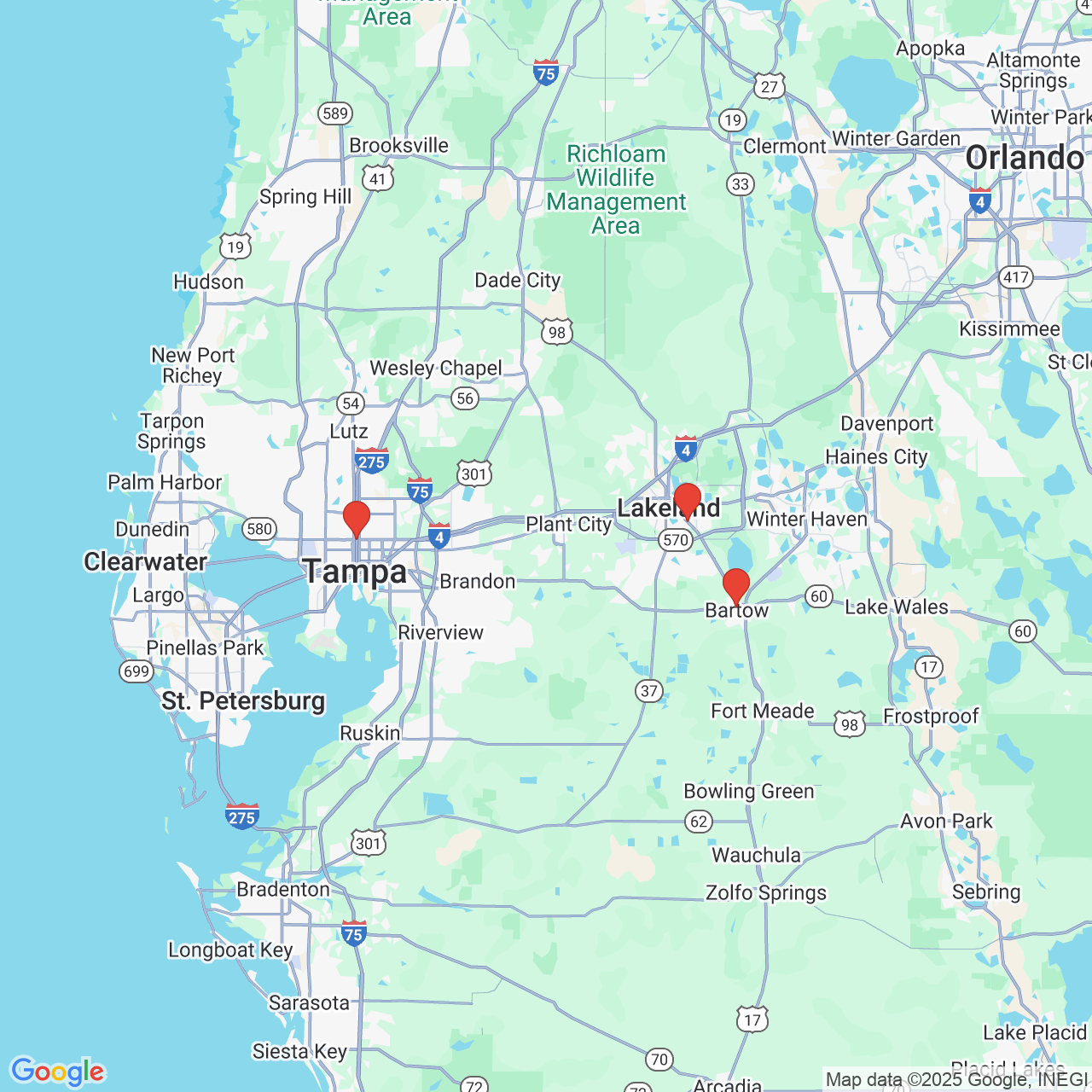Can Car Accident Settlements Exceed Insurance Policy Limits?
 Those who are injured in a car accident often face significant medical bills and property damage. Insurance can help injured parties recover compensation for their financial losses. However, insurance settlements don’t always provide sufficient financial relief when an accident occurs. A car accident lawyer can help injured parties get the compensation they deserve.
Those who are injured in a car accident often face significant medical bills and property damage. Insurance can help injured parties recover compensation for their financial losses. However, insurance settlements don’t always provide sufficient financial relief when an accident occurs. A car accident lawyer can help injured parties get the compensation they deserve.
This may lead many to wonder if accident settlements can exceed insurance policy limits. Today, the Lakeland and Winter Haven, FL, attorneys of Moody Law would like to take a closer look at this topic and what it means for recovering compensation after a car accident.
Policy Limits and Settlement Amounts
Insurance policies come with limits as to how much they will pay for a claim. What this typically means for settlement amounts is that insurance companies will offer a settlement up to but not exceeding the policy amount.
For example, if an insurance policy has property damage liability cover of $5,000 and bodily injury liability of $15,000 per person, the policy’s limit would be $20,000. The amount of coverage can vary between drivers, but generally, insurance companies will not offer more than the maximum coverage.
Is It Possible for a Settlement to Exceed Policy Limits?
Although insurance companies typically don’t offer settlements exceeding policy limits, there are circumstances in which someone injured in an accident may seek damages in excess of what an insurance company offers them. For example, when medical expenses for injuries caused by an accident are beyond what’s covered by insurance.
If an insurance claim exceeds the policy limits, an attorney can help pursue damages exceeding the policy through a lawsuit. The following are some possible pathways to obtaining a settlement that exceeds policy limits.
Filing a Lawsuit Against the At-Fault Driver
It may be possible to recover damages not covered by an insurance policy by directly suing the at-fault driver.
Before taking this route, it’s important to consider whether the at-fault driver has the assets to pay a settlement.
If the at-fault driver doesn’t have assets to pay, it can present challenges in recovering a judgement. However, if the at-fault driver can’t pay the settlement upfront and they are employed, a portion of their wages may be taken each month until the settlement is paid.
Filing a Lawsuit Against the Insurance Company
An insurance company may be taken to court if they won’t settle in good faith, meaning they refuse to settle for the policy limit when damages obviously exceed the limit.
If the courts decide the insurance company acted in bad faith, the insurance company may be required to pay a settlement exceeding policy limits.
Filing Lawsuits Against Other At-Fault Parties
Sometimes an accident is caused by more than one person. In such cases, it may be possible to sue all other at-fault parties and recover compensation from multiple insurance policies.
Contact the Attorneys of Moody Law
If you have been injured in a car accident and would like help getting the maximum compensation for your claim, please call our Lakeland law firm at (863) 284-9090 to schedule a consultation online.



